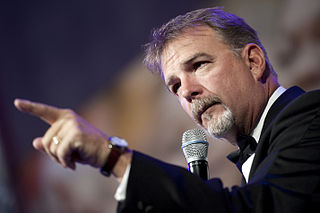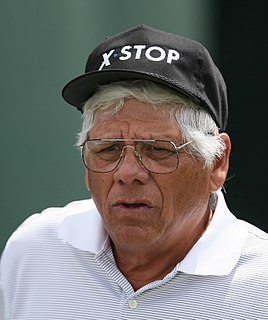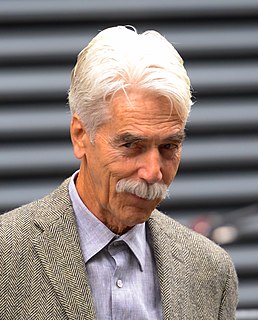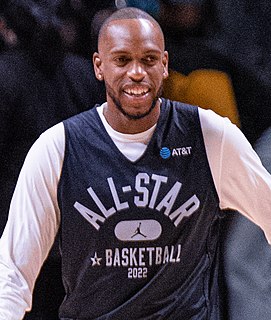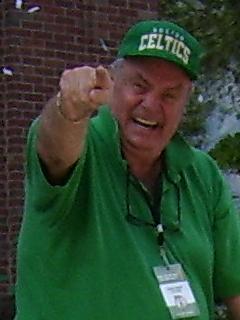A Quote by Ernest Sosa
The success of an archery shot may bring food to the hunter's starving family, or may constitute a horrible murder. But these outcomes are irrelevant to the assessment of that shot as a hunter-archery shot, as an attempt to hit prey without running excessive risk of failure.
Related Quotes
If a shot aimed at aptness succeeds aptly, it is then fully apt, since it is not only apt but also aptly apt. But the full aptness of such an attempt is entirely compatible with its being a horrible murder, if the "hunter" is an assassin and the prey his victim. That hunter's shot may still be outstandingly, fully apt, if it manifests the agent's competence in both archery dexterity and shot selection.
In my view there is a level of human knowledge that involves just getting it right aptly. This "animal" epistemic level is an inferior level in just the way of Diana's long shot in the dark while drunk. That shot is inferior in a certain respect if too poorly selected as a hunter's archery shot, even if not quite as poorly selected as would be a shot aimed at the moon. Even if Diana's too risky shot turns out to be apt by attaining success through sublime archery dexterity, it is still inferior in the particular respect of being so risky and hence so poorly selected.
Every shot feels like the first shot of the day. If I'm on the range hitting shot after shot, I can hit them just as good as I did when I was 30. But out on the course, your body changes between shots. You get out of the cart, and you've got this 170-yard 5-iron over a bunker, and it goes about 138.
The time to hurry is in between shots. It's not over the shot. It's timing how people walk. You have to add that to the equation. If you've got somebody walking slow and they get up to the shot and take their 20 seconds, what's the aggregate time for them to hit that shot in between shots? That's what really matters. It's not the shot at hand.
If I'm ever working on a set and anyone talks about a master shot, I say there is no master shot. Before I even went to film school, I learned about movies by being in a British feature film, where everything was shot master shot, mid-shot, close-up. But I reject the idea of a master shot. You don't shoot everything mechanically; you find imaginative ways that serve the action.
If you understand real practice, then archery or other activities can be zen. If you don't understand how to practice archery in its true sense, then even though you practice very hard, what you acquire is just technique. It won't help you through and through. Perhaps you can hit the mark without trying, but without a bow and arrow you cannot do anything. If you understand the point of practice, then even without a bow and arrow the archery will help you. How you get that kind of power or ability is only through right practice.

